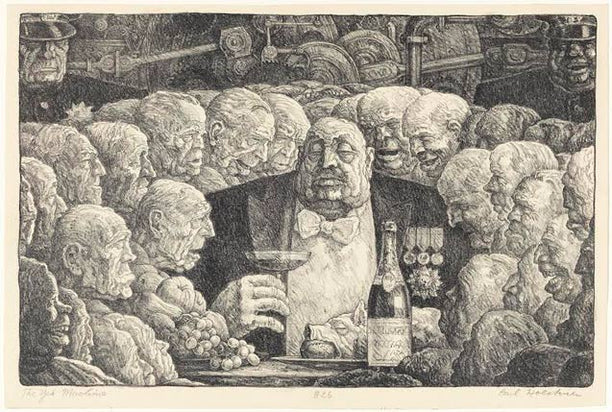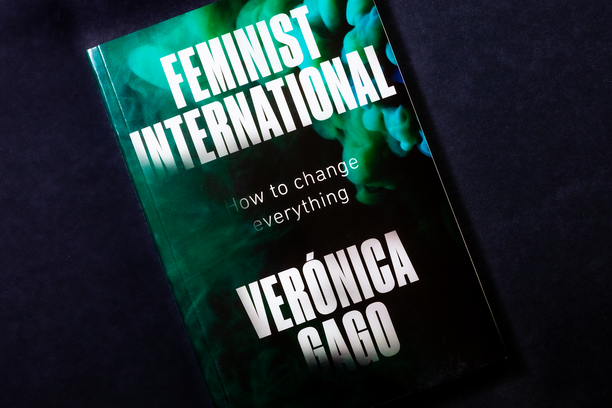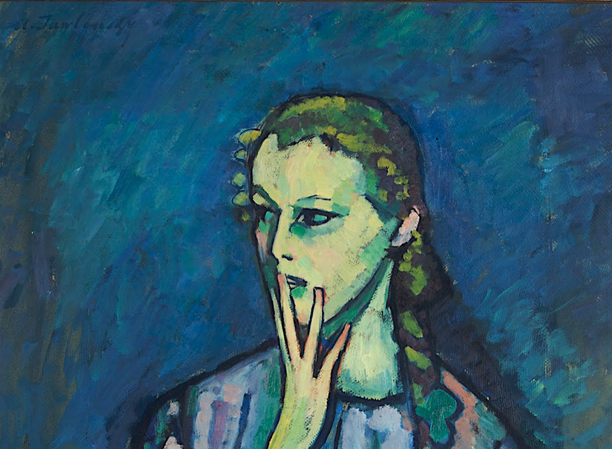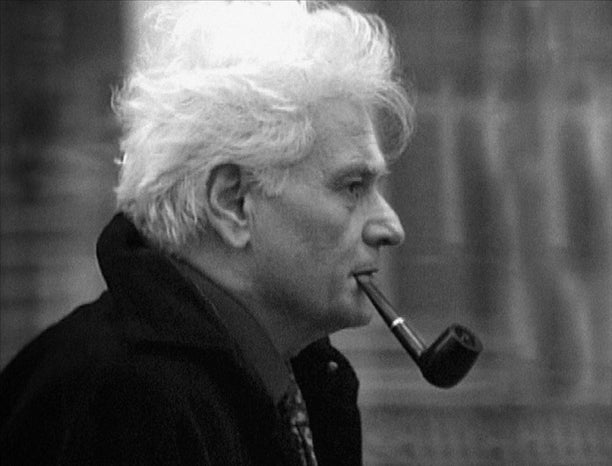
Antithesis by Theodor Adorno
The subjugation of life to the process of production imposes as a humiliation on everyone something of the isolation and solitude that we are tempted to regard as resulting from our own superior choice.

The subjugation of life to the process of production imposes as a humiliation on everyone something of the isolation and solitude that we are tempted to regard as resulting from our own superior choice.

How the 2016 women’s protests situated reproductive rights within the context of labor rights and class composition.

The abundance of commodities indiscriminately consumed is becoming calamitous. It makes it impossible to find one's way, and just as in a gigantic department store one looks out for a guide, the population wedged between wares await their leader.

A manifesto written in 1990 by ACT UP.

Susan Sontag introduces Walter Benjamin by dissecting his own words and the words of his peers. All through the inescapable lens of Benjamin's melancholy.

Truly terrifying are the sleepless nights when time seems to contract and run fruitlessly through our hands. But what is revealed in such contraction of the hours is the reverse of time fulfilled.

Trump's engagement with the Radical Right began long before his incitement of the violence at the Capitol.

A leader of Latin America’s powerful new women’s movement rethinks the meaning of feminist politics.

As carelessness takes hold in so many domains of life, and as community ties are profoundly weakened, the family is often encouraged to step in as society’s preferred infrastructure of care.

In Automation and the Future of Work, Aaron Benanav uncovers the structural economic trends that will shape our working lives far into the future. What social movements, he asks, are required to propel us into post-scarcity, if technological innovation alone can’t deliver it?

Jacqueline Rose's reading of Freud's famous case study 'Dora' from Sexuality in the Field of Vision remains one of the most important interventions not only in the interpretation of that case and its place within Freud's theory but also of the relation between psychoanalysis and feminism.

Until relatively recently, Jacques Derrida was seen by many as nothing more than the high priest of Deconstruction, by turns stimulating and fascinating, yet always somewhat disengaged from the central political questions of our time. Or so it seemed. Derrida's “political turn,” marked especially by the appearance of Specters of Marx, has surprised some and delighted others.